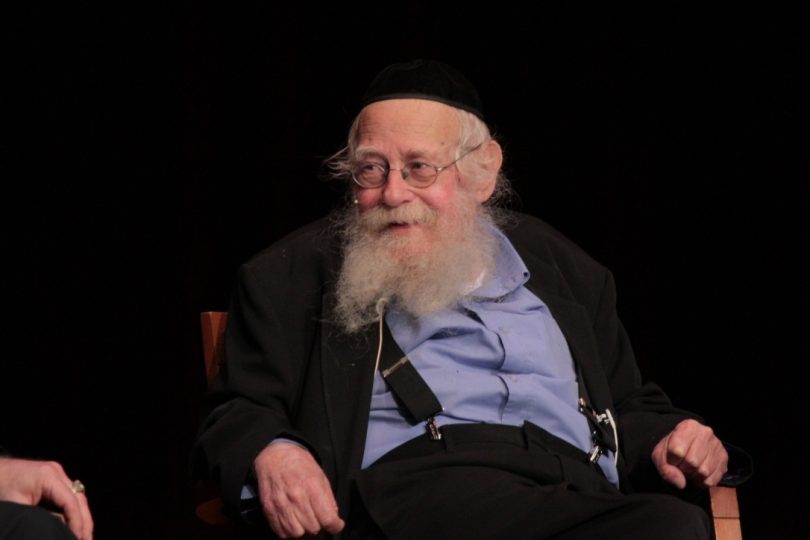A “spirit of folly” appears in a variety of forms.
Some are obvious, such as when, immediately after sinning or even in the midst of the sin, a person realizes that what he is doing is foolish, against his better interests, in conflict with his values, and inconsistent with his nature and will-and yet he does it.
By way of illustration, a leading Irish politician of the nineteenth century who was perhaps closer than anyone else to gaining Ireland its independence was forced to abandon the political arena at the peak of his career because he had committed adultery.
Although this man had fought his entire life on behalf of a cause for which he was willing to give his life, he did what he did knowing that he was destroying his career, his political power, and the independence of his motherland-because a spirit of folly entered into him.
Another spirit of folly enters a person when he sins.
This spirit persuades him that what he is doing is not egregious, not a sin, and that he is not thereby separating himself from God.
As a matter of principle, a Jew will deny that he would disconnect himself from God, and he denies that strenuously; even as he takes the steps leading him further and further away from the divine.
And there is a spirit of folly that tells a person that the prohibition that he is violating is not important, it is only symbolic, by mere historical significance, that the main thing is “to be a good Jew in your heart,” and so forth.
There can be an intellectual spirit of folly and a simpler such spirit.
All of these create the cloak that allows a Jew to live with a paradox: being so distant from God, while at the same time being able to sacrifice one’s life in order not to be separated from Him.
–Rabbi Adin Steinsaltz

